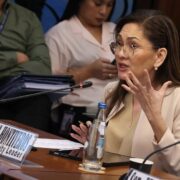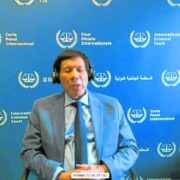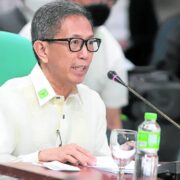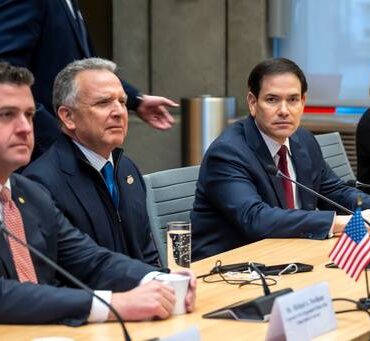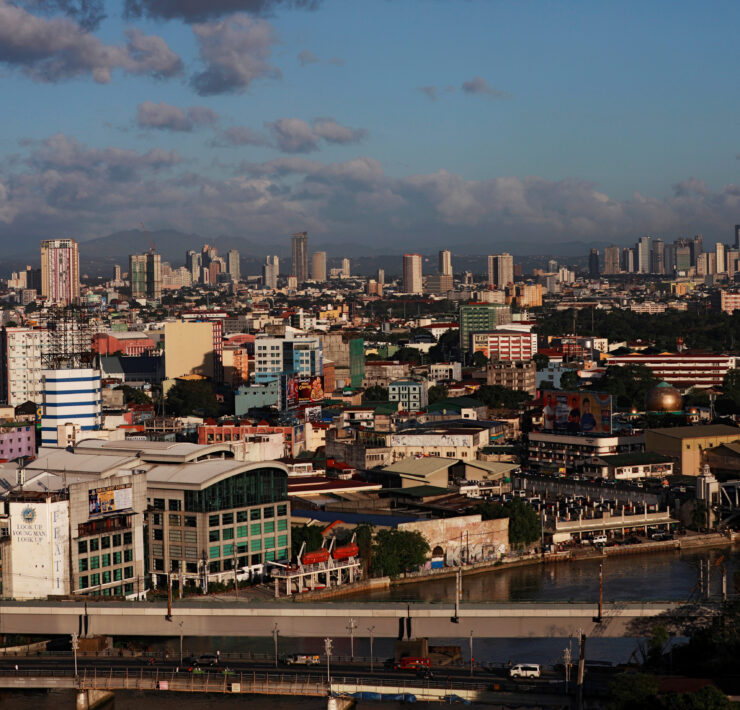Fitch: Political instability a ‘significant risk’ to PH credit rating
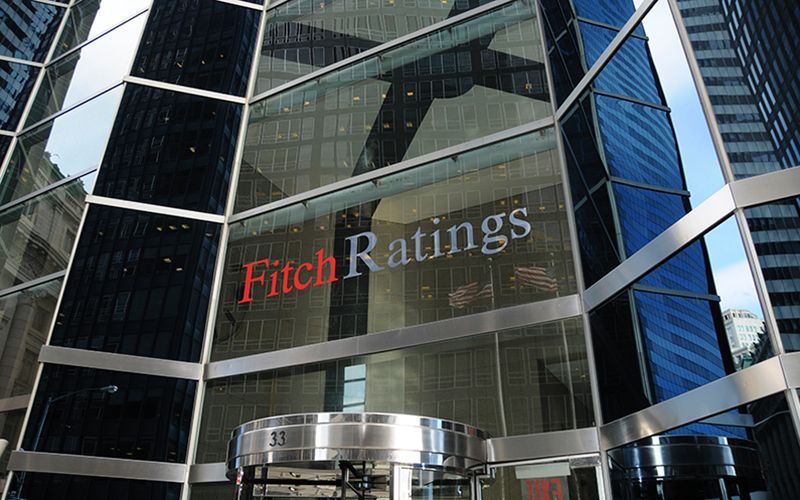
Political flare-ups would remain a “significant risk” to the credit ratings of several emerging-market sovereigns in the Asia-Pacific until next year, including the Philippines, where an escalating antigraft drive has unsettled businesses and slowed growth, Fitch Ratings said.
While none of this year’s protests have yet led to a deterioration in creditworthiness, the global debt watcher warned that sustained social unrest could undermine governments’ fiscal and economic strength through disrupted activity, weaker revenue collections and pressure on public spending.
Fitch pointed to the Philippines as a case in point, noting that the widening probe into anomalous flood control projects already weighed heavily on the economy. Growth slowed to 4 percent in the third quarter—a four-year low—as investor sentiment soured and public spending weakened.
At home, the latest anticorruption protest, staged this month by the Iglesia ni Cristo in Manila, drew an estimated 650,000 people. But in countries where demonstrations have been even more disruptive, such as Bangladesh and Nepal, Fitch said the effects have been “more dramatic.”
“Should the social tensions highlighted by protests persist, they can become more of a drag on growth as confidence among foreign and domestic investors suffers,” the credit rating agency said.
“Tensions can also serve as a distraction for policymakers, impeding the passage of reforms that have the potential to enhance economic productivity and competitiveness, or to address other underlying weaknesses in the sovereign credit profile such as fiscal imbalances,” it added.
The Philippines currently holds a triple-B rating from Fitch—above the minimum investment grade—with a “stable” outlook, signaling that any adjustment is unlikely in the near term.
But the high-profile corruption scandal has already derailed the country’s push for an “A” rating this year. Former Finance Secretary Ralph Recto said that, based on recent discussions with S&P Global Ratings, the Philippines would likely have secured the long-sought upgrade were it not for governance concerns tied to the widening corruption investigations.
An A rating, Recto noted, would have strengthened lenders’ perception of the country’s ability to service its debts and, in turn, lowered borrowing costs for issuers, including the government.
Fitch said the external balances of affected countries could also weaken as social unrest saps investor confidence and disrupts foreign-currency inflows. Political instability, it warned, can likewise spur capital outflows—from nonresident investors cutting their exposure to domestic securities to residents shifting assets offshore.
The Philippines has already shown signs of such strain. The corruption scandal has been widely blamed for the peso’s slide to record lows in recent months and for the local stock market’s underperformance. These pressures, Fitch said, compound economic stress and could ultimately weigh on sovereign ratings.
Governments confronting political unrest may also grow more hesitant to pursue fiscal consolidation—whether through tax increases or subsidy reforms—or may ramp up spending to head off public discontent. Even so, the agency noted that the disruption can be temporary and may, in some cases, pave the way for long-overdue fiscal and governance reforms.
“Major protests can serve as important catalysts for changes in governments’ fiscal policy approaches, but if social and political tensions persist over time, they can also have a negative influence on budgetary performance,” it said.
“Protest movements also have the potential to have a positive impact on fiscal performance. If governments respond by improving efforts to curb corruption, for example, it may be possible to cut public spending without impairing productive investment, allowing the same economic results to be achieved at a lower fiscal cost,” it added.


